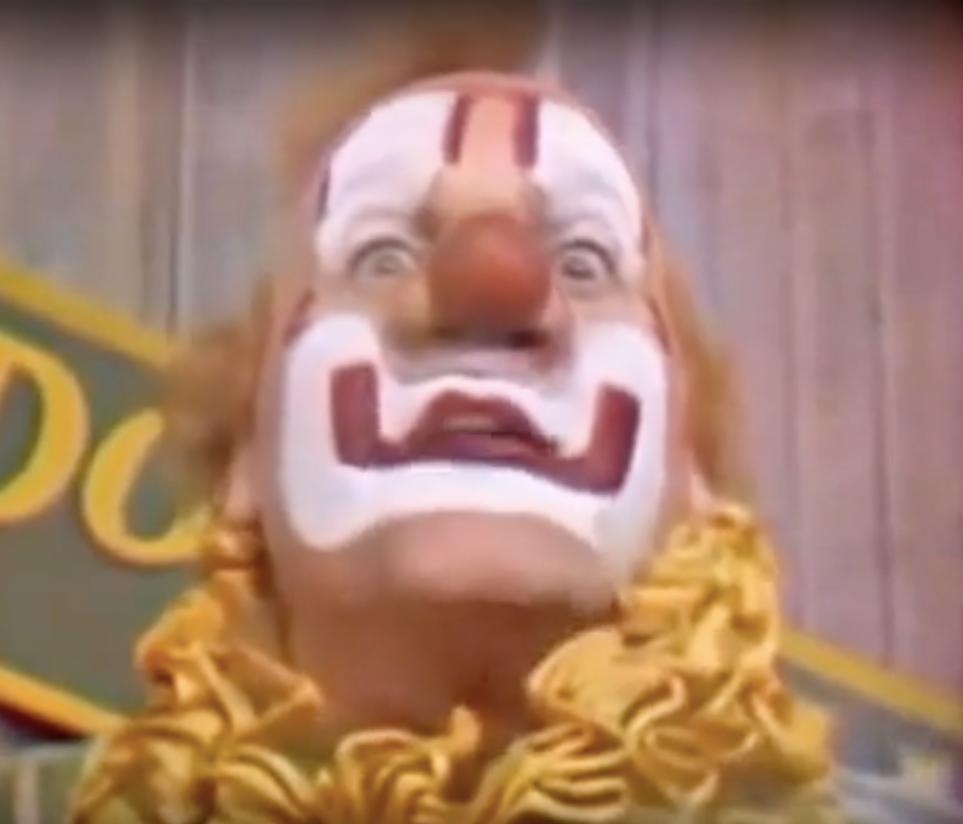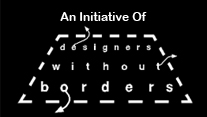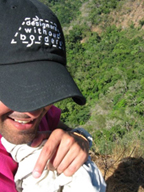David Stairs

It’s funny how we tell time. Some people can place where they were on November 22nd, 1963 or September 11th, 2001, but I think many of us are more influenced by media events. Who can forget the 159th episode of Seinfeld, our four anti-heroes sitting in a jail cell, quarreling like they always had. Or perhaps you were among the 78 million viewers who watched David Jansen stop running in the final episode of The Fugitive on August 29th, 1967.
These cultural events that bring us together as thoroughly as any sporting event (Superbowl or World Cup) or national tragedy (today, for example, is the 83rd anniversary of the attack on Pearl Harbor), continue to happen regularly. Over the years the intensity waxes and wanes. Occasionally there is a seismic two-fer, like the scheduled culmination of fourteen years of Blue Bloods on December 13th, 2024 followed by the final episode of Yellowstone two nights later.
For me it was September 24, 1960. I remember the day because I was there, at least remotely. I’d been a fan for the better part of six years, or from the time I was two years old and vaguely able to understand what television was. Americans start their media exposure young.
Mind you, in those days there was still much I did not understand. I’d just begun to realize that Eisenhower had not always been president, and would not be president much longer. I would have just entered the third grade, and had Sister Benigna José for homeroom teacher, a wonderful Filipina Franciscan nun. She was teaching us to write with fountain pens, probably one of the last groups of school children so burdened, and she was nice to me. But the class was politically divided, and as the son of Republicans in a Catholic school, I was on the wrong side of the argument. My Catholic grandmother made her sympathies plain when she voted for the young senator from Massachusetts running as a Democrat, but that was not how my Father voted.
Although I wasn’t completely sure what all the political turmoil was about, I knew conclusively that the Saturday morning show I’d watched religiously since 1954 was going off the air; Buffalo Bob had told me so. When it was announced that NBC was extending the final show to an hour it felt like a Pyrrhic victory, even though I’d never heard of Pyrrhus. I didn’t know it at the time, but I was about to be part of what would prove to be only the first of many such cultural paroxysms in my lifetime.
As the cast members ran around the Doodyville stage set trying to ascertain what Clarabell’s secret was and I suffered through the usual Kellogg’s and Ovaltine commercials, wondering what the world would be like without Howdy Doody, it suddenly occurred to me that I was sad because I couldn’t imagine such a world. Then the long-delayed moment arrived, like Neil Armstrong stepping off the LEM, or Evil Knievel about to jump the Snake River. As the camera slowly closed in on Clarabell’s face the most amazing thing happened, the horn-honking selzer-squirting mime of so many Saturday morning hijinks actually spoke.
It was over in an instant, but I knew the world had changed and things would never be the same. I hadn’t exactly lost my innocence, but I would be different going forward, older, probably less forgiving. What Clarabell said is recorded in the annals of television history. It wasn’t long or eloquent, but it struck me in the solar plexus with the force of a feeling about the pathos of time passing that I have never quite forgotten.
My grandfather imparted wisdom to me, and my Dad rendered practical knowledge. Clarabell revealed something more, an insight about what it means to be human, and for that I’ve been forever grateful.
David Stairs is the founding editor of the Design-Altruism-Project.










